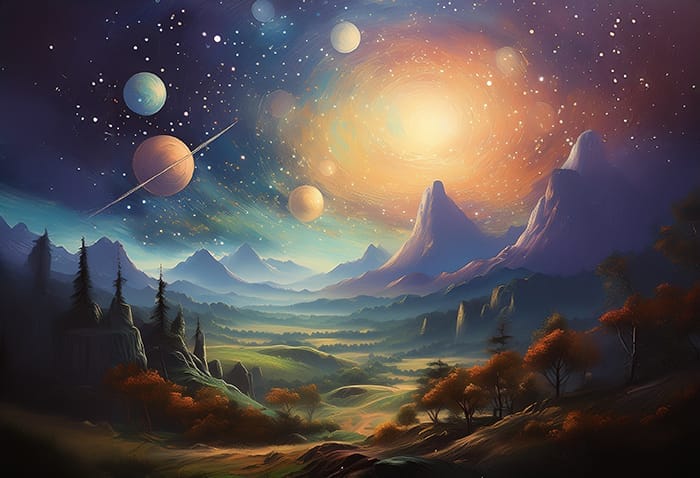Immanuel Kant once said this:
“All our knowledge begin with the senses, moves on to understanding, and ends with reason. There is nothing higher than reason.”
That’s quite a bit to think about.
But first, who was this guy Kant?
Well, for one thing, he lived a long time ago. He was born in 1724 in Prussia, or what is now considered Germany. He stuck around for about 80 years and passed on to other things in 1804.
His work has profoundly influenced modern philosophy.
So, let’s take a moment to consider that work.
His main ideas were basically broken down into three categories.
Understanding the World
Right and Wrong
Beauty and Purpose
Understanding the World (Critique of Pure Reason, 1781):
What We Know: Kant said we can only know the world as we experience it, not as it really is. He called what we experience “phenomena” and the world itself “noumena.”
Right and Wrong (Critique of Practical Reason, 1788):
Moral Rules: Kant believed in a moral rule called the “categorical imperative.” It means we should act only in ways that we think everyone should act.
Doing the Right Thing: He thought we should use reason to figure out what is right and follow that, no matter what.
• Beauty and Purpose (Critique of Judgment, 1790):
Beauty: Kant explored what makes something beautiful.
Nature’s Purpose: He also thought about whether nature has a purpose or design.
Kant’s Key Ideas
Categorical Imperative: Act only in ways that you think everyone should act.
Autonomy: The idea that people should be able to make their own moral decisions.
Phenomena and Noumena: The difference between what we can experience and what we cannot directly know.
Why did he matter?
Well. For one thing, he influenced many philosophers who came after him. He put forth a lot of deep thinking about ethics. The right and the wrong of things. And finally, his thoughts about how we experience the world have influenced the philosophy of science.
So that is Kant.
But what about that profound quote?
“All our knowledge begin with the senses, moves on to understanding, and ends with reason. There is nothing higher than reason.”
Well, it begins with our senses. Our knowledge starts with what we see, hear, touch, taste, and smell. These are the raw data or information we get from the world around us. Then, it moves on to understanding. After we gather information with our senses, our mind processes this information to make sense of it. We start to understand what things are and how they work. And then we end it all with reason. We use reason to think deeply about what we understand and perceive. Reason helps us make judgments, solve problems, and form complex ideas.
Reason. He gives this the highest measure of all. Kant believes that reason is the highest and most important part of knowledge. It allows us to think critically, make decisions, and understand the world in a meaningful way.
So, in short, Kant is saying that we start learning through our senses, understand things with our minds, and use reason to think deeply and make sense of everything. Reason is the most important part of this process.
We are here, and we experience. And that, hopefully, leads us to understand them. We make all of our decisions based on that understanding.
It is how we move through life, really.
“”””””””””
“The five senses are the ministers of the soul.” — Leonardo da Vinci
“”””””””””
“The senses are a kind of reason. Taste, touch, and smell, hearing and seeing, are not merely a means to sensation, enjoyable or otherwise, but they are also a means to knowledge.” — Plato
“”””””””””
“The senses do not deceive us, it is our judgment that deceives us.” — Jean-Jacques Rousseau
“”””””””””
The senses. They are the source of all reason.
